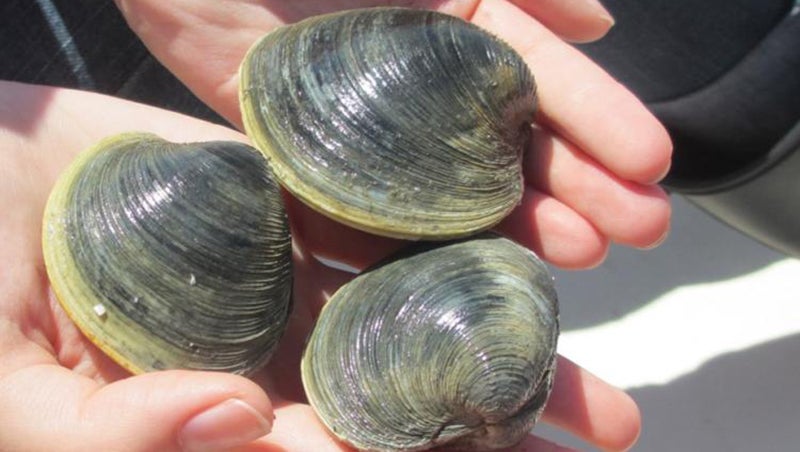Rules for harvesting clams, mussels and oysters
Published 8:51 am Monday, April 17, 2023

- NOAA image
|
Getting your Trinity Audio player ready...
|
North Carolina Marine Fisheries Proclamation SS-1-2023 posts restrictions applicable to the harvest, transport and storage of shellfish (oysters, clams and mussels) taken from coastal fishing waters.
The proclamation was posted March 31, 2023 and was effective immediately.
For all commercial shellfish fishing operations and certified shellfish dealers, as applicable, the time periods are:
– Year round for clams and mussels, including tagging, transport, storage, sanitation, training and re-submergence requirements;
– Oct. 15 through March 31 for oysters, including tagging, transport, storage, sanitation, training and re-submergence requirements;
– June 1 through Sept. 30 for clams on shading.
For clam and mussels year round, harvest and off-site tags are required. For oysters greater than 25 mm and clams 12 mm in length, off-site tags are required.
Under this proclamation, shellfish must be delivered to a licensed shellfish dealer within 12 hours of the time of the start of the harvest, which is when the first shellfish is harvested.
Dealers cannot accept a container holding shellfish that exceeds 12 hours.
Shellfish must be stored under refrigeration within two hours of receipt.
Re-submergence requirements say that clams 12 mm and oysters 25 mm in length must be re-submerged for 21 consecutive days when moved from one lease or franchise to another growing area.
Record keeping is required. Containers of re-submerged shellfish must be tagged. Information on and size of tags are spelled out.
The National Shellfish Sanitation Program Model Ordinance requires shellfish harvesters to:
– Keep shellfish out of bilge water and protected from contamination from fuel, oil and other contaminants;
– Shade shellfish when necessary to reduce the chance of temperature abuse;
– Protect shellfish from adulteration and contamination during transport;
– Prevent cats, dogs and other animals on harvest vessels or in any conveyance where shellfish is stored; and
– Prevent overboard discharge of human sewage from harvest vessels.
On shading, clams must be protected from sun exposure by covering clams with light colored, non-toxic material such as a tarp or fabric. Adequate air space should be left between shading canopies to reduce heat buildup.
Direct heating from the sun can occur even on overcast days, so shading shall be provided from June 1 through Sept. 30 at all times during harvesting, storage and transport to a licensed shellfish dealer.
Shellfish dealers are required to make sure all employees who manufacture, process, pack or hold food are qualified and obtain training in the principles of food hygiene and food safety, including the importance of employee health and personal hygiene.
The sale of shellfish while on a shellfish lease or another location away from the shellfish dealer facility is subject to applicable shellfish dealer rules and proclamation requirements. Contact N.C. Shellfish Sanitation staff for more information.
SUBSCRIBE TO THE COASTLAND TIMES TODAY!






